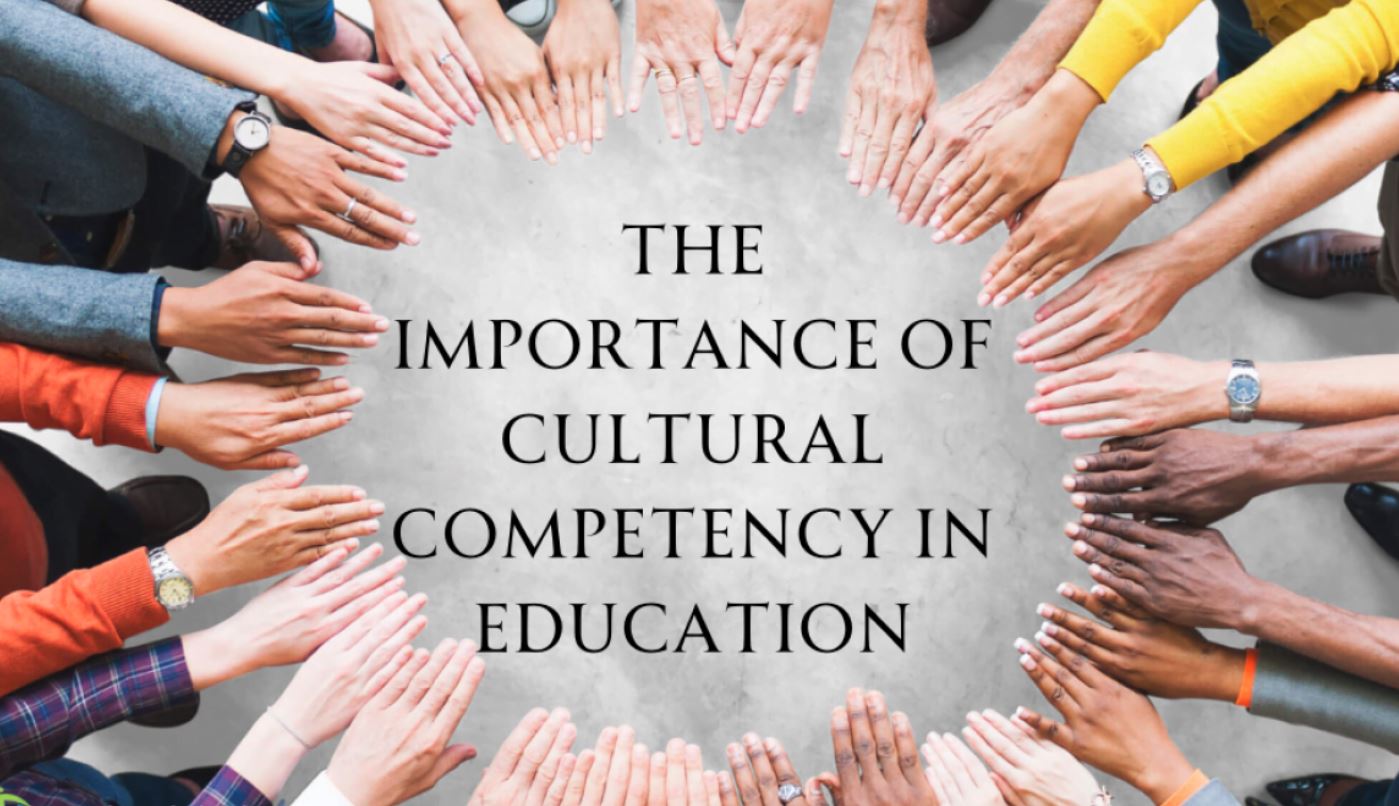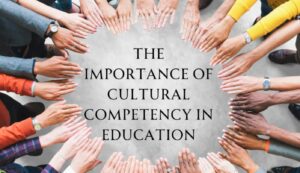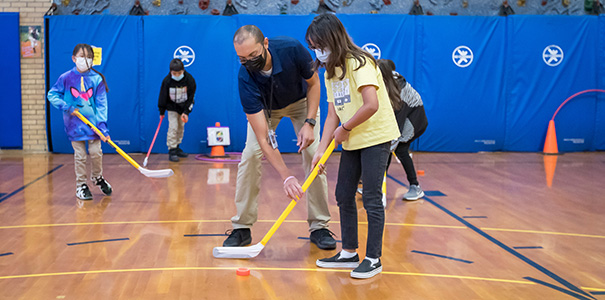
Building Global Citizens: The Importance of Cultural Competency in Education
In today’s interconnected world, fostering cultural competency in education has become an essential aspect of preparing students to become active and responsible global citizens. As societies around the globe become more diverse and interconnected, it becomes crucial for individuals to embrace and appreciate different cultures. This blog post explores the significance of cultural competency in education and how it helps shape well-rounded individuals who can contribute positively to society.

1. Embracing Diversity and Celebrating Differences:
Cultural competency in education encourages individuals to embrace diversity and celebrate differences. It helps students recognize and respect various cultural perspectives, traditions, languages, and beliefs. By exposing students to different cultures through educational programs, coursework, and international exchange programs, they develop an open-mindedness that fosters inclusivity and promotes a sense of belonging.
2. Encouraging Global Awareness:
Cultural competency also promotes global awareness by enabling students to understand the interconnectedness of our world. Through discussions, collaborative projects, and exposure to different cultural practices, students develop a global mindset. They become aware of the challenges faced by individuals from different backgrounds and are inspired to find solutions that promote equality, justice, and sustainability on a global scale.
3. Developing Effective Communication Skills:
Cultural competency plays a crucial role in developing effective communication skills. When students understand and appreciate diverse cultures, they become better communicators, both verbally and non-verbally. They learn to navigate cultural nuances, adapt their communication style, and listen actively, fostering empathy and understanding. These skills are essential in personal, professional, and societal interactions, allowing individuals to build meaningful relationships and collaborate across cultural boundaries.
4. Enhancing Critical Thinking and Problem-Solving:
By engaging with different cultures, students are exposed to alternative perspectives, ideas, and narratives. This exposure cultivates critical thinking skills and encourages them to question their own assumptions, biases, and stereotypes. Cultural competency equips students with the ability to analyze complex situations from multiple viewpoints, fostering creativity and innovative problem-solving skills.
5. Promoting Respect and Tolerance:
Cultural competency fosters respect and tolerance by challenging stereotypes and promoting a more inclusive society. By educating students about cultural differences, biases, and prejudices, they learn to value and respect each other’s backgrounds. This understanding lays the foundation for creating inclusive communities that embrace and empower individuals regardless of their cultural heritage.
Conclusion:
Cultural competency in education is an essential component of building global citizens. By embracing diversity, promoting global awareness, and developing effective communication skills, critical thinking, and problem-solving abilities, cultural competency equips students to thrive in an increasingly interconnected and diverse world. By fostering respect and tolerance, we enable individuals to contribute positively to society, working together to achieve a more inclusive, harmonious, and equitable future. Education plays a pivotal role in nurturing these qualities, and it is our responsibility to provide students with the tools they need to become culturally competent global citizens.



